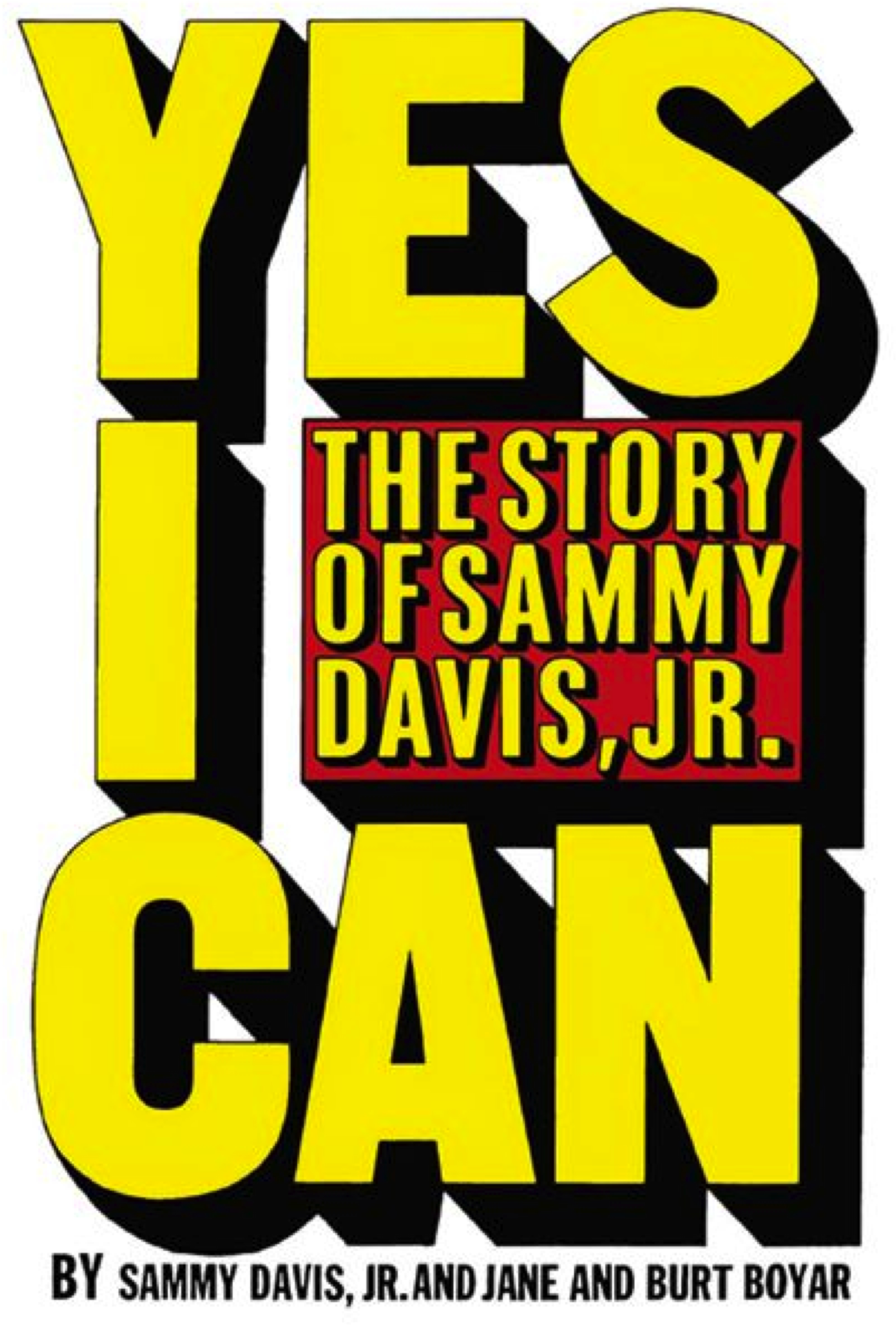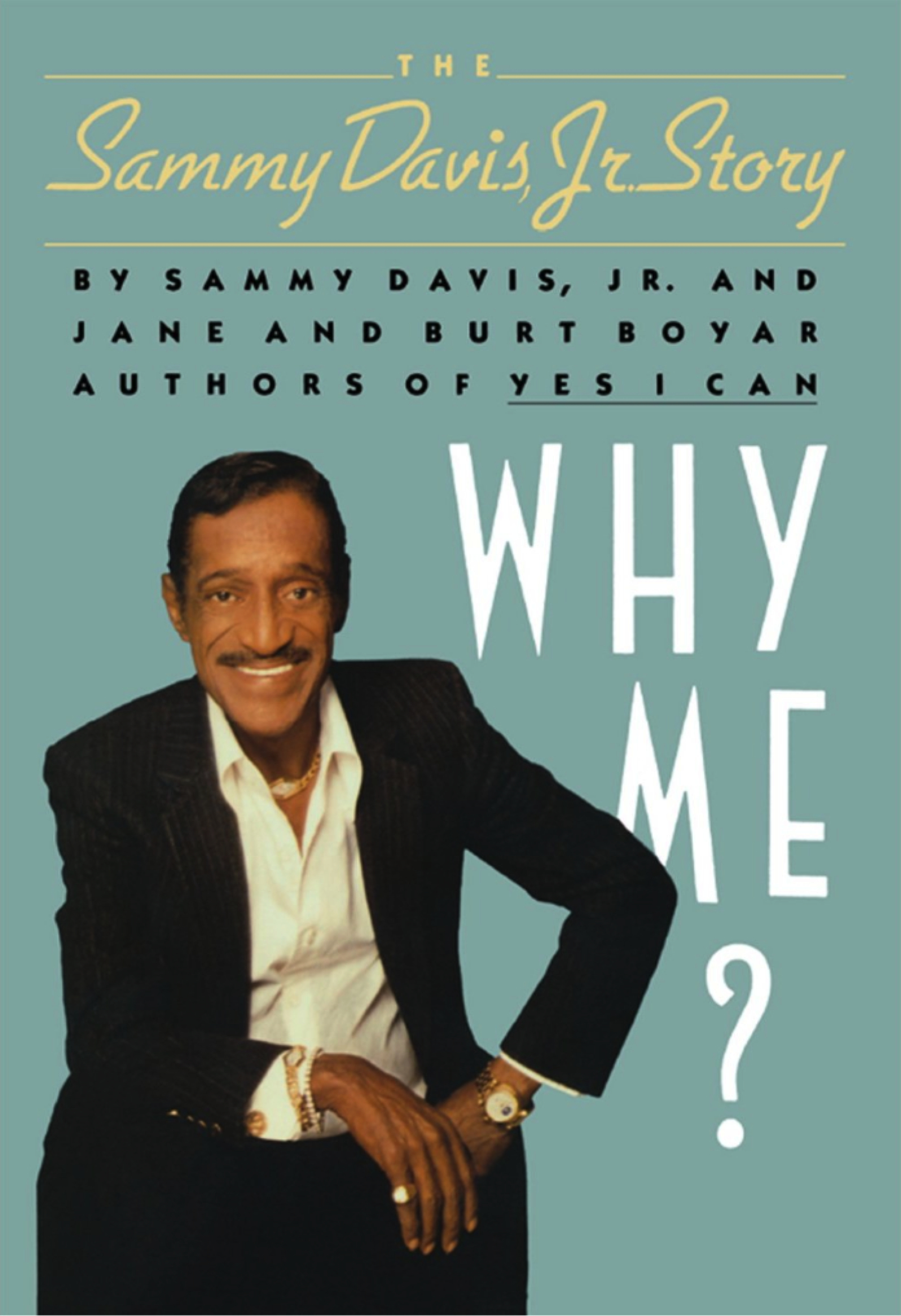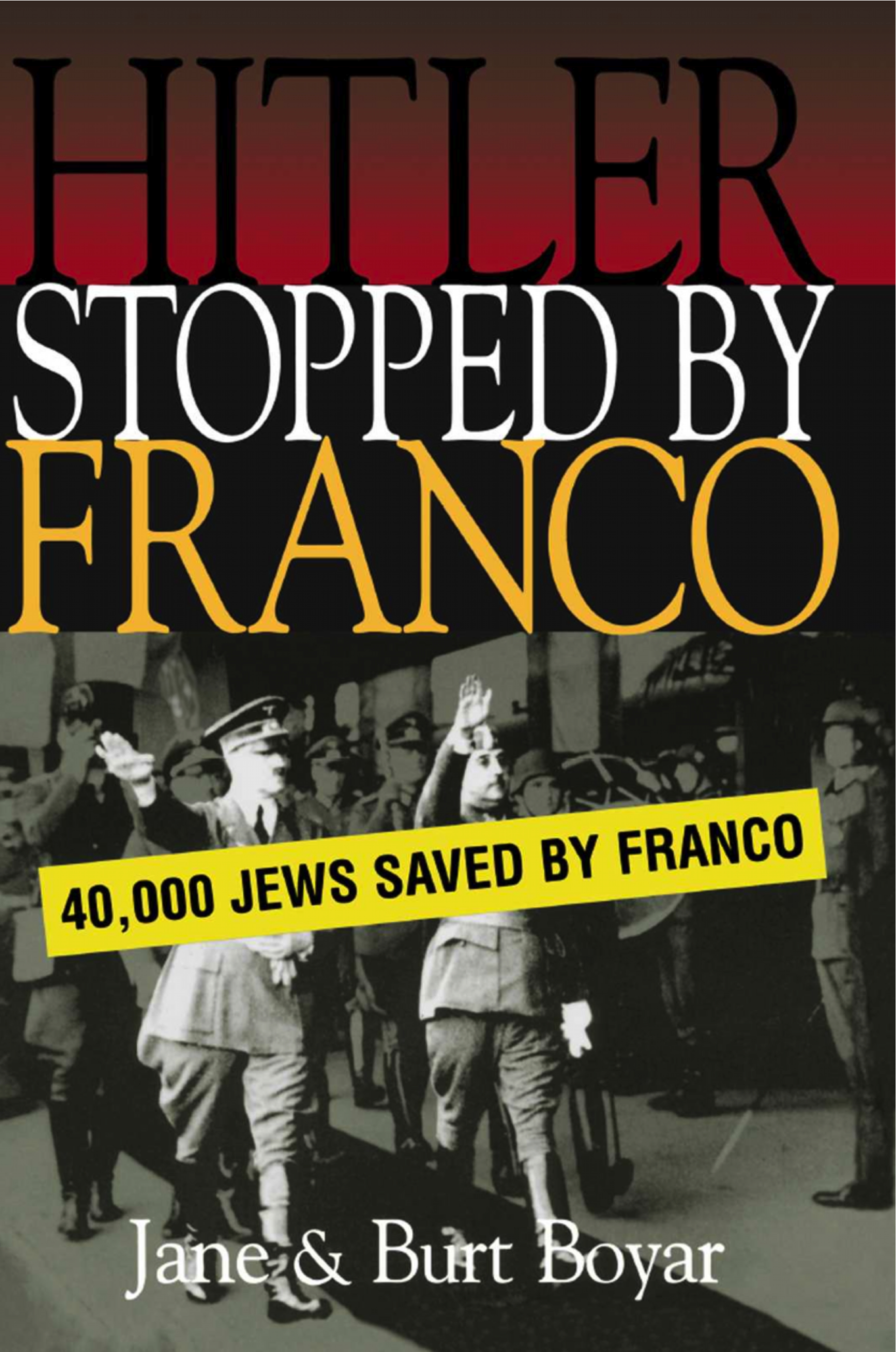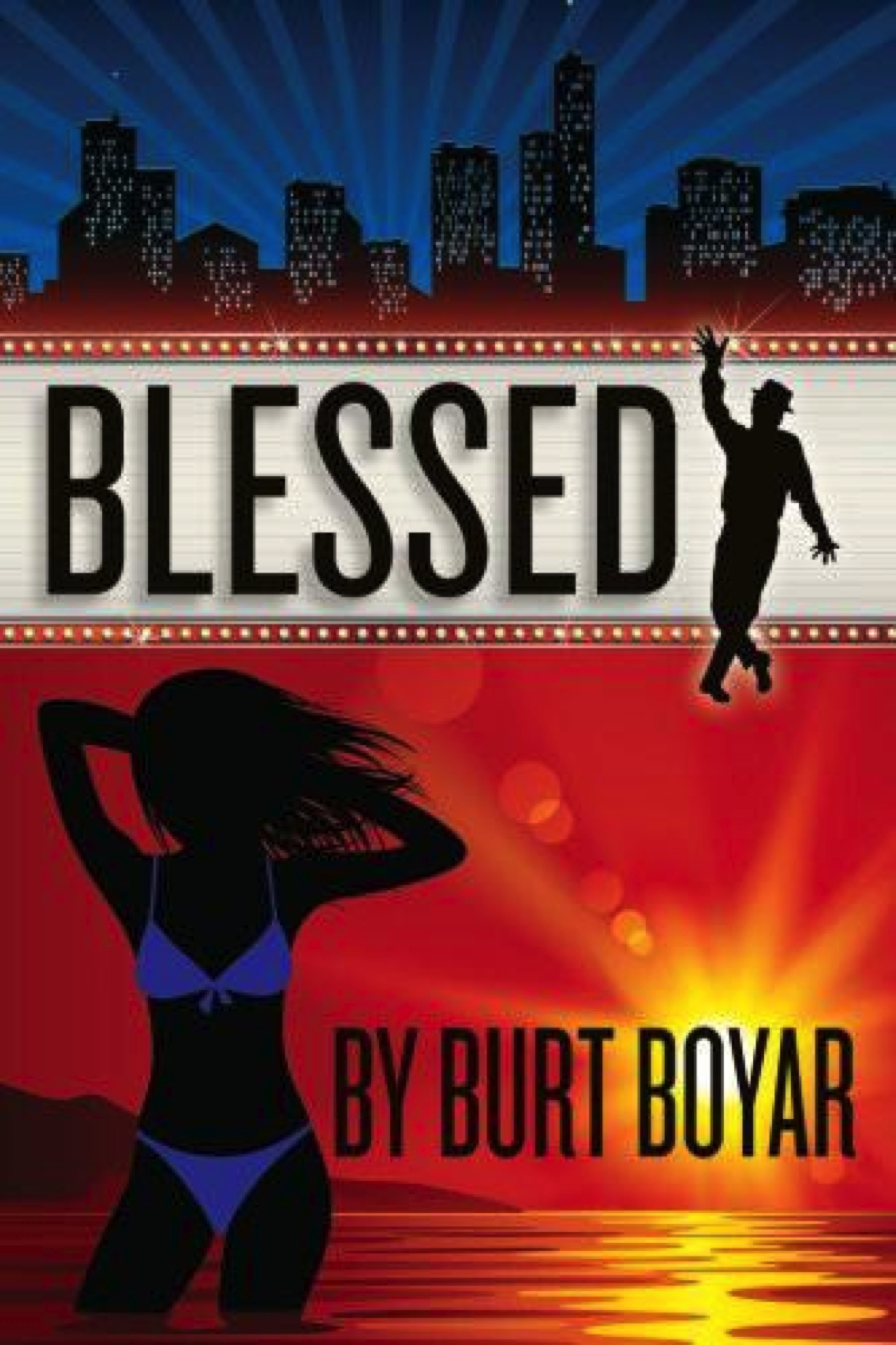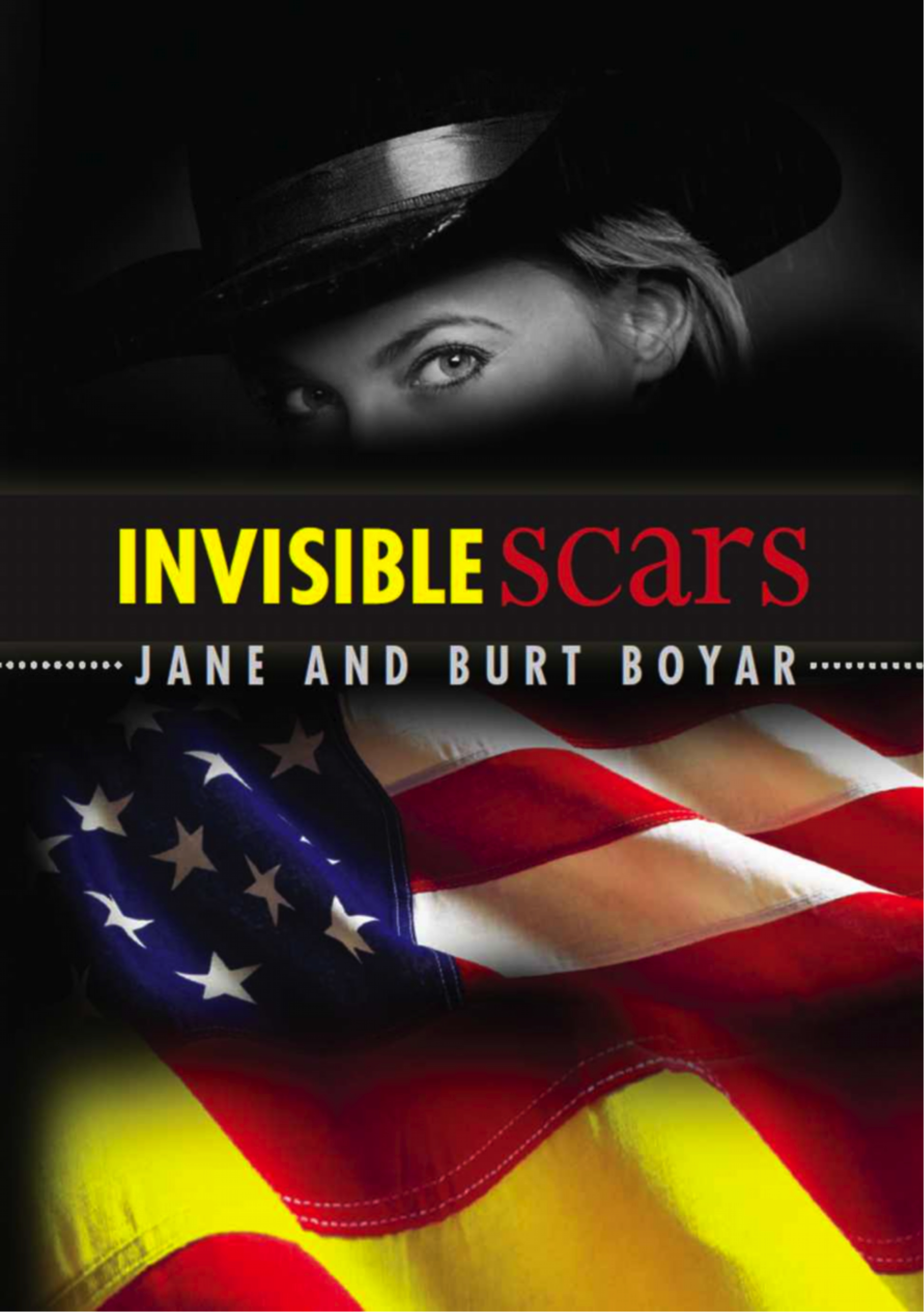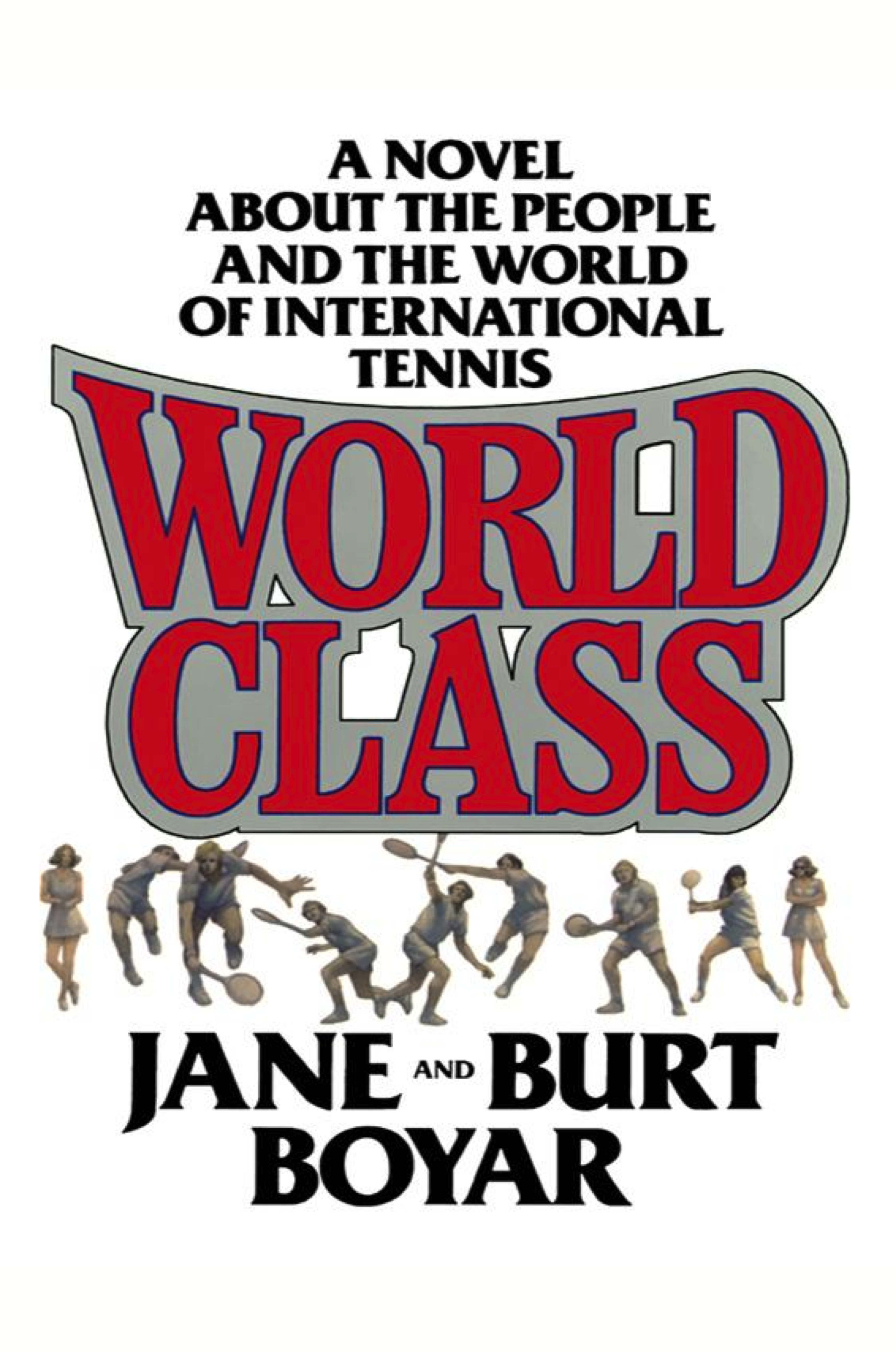Get ready to meet a genuine
New York Times #1 Bestseller
Meet Burt Boyar, syndicated columnist, biographer and
novelist. Burt’s first book, Yes, I Can,
the life of Sammy Davis, Jr., written in collaboration with Sammy Davis and
wife, Jane Boyar, rocketed to the number one spot on the New York Times
Bestseller List. Burt has a knack for
discovering, or perhaps uncovering, outstanding primary source material, which
has propelled him to write several more pieces of remarkable literature,
including a follow-up to Yes, I Can, Why Me?
An association with tennis pros, Rod Laver and Ken Rosewell yielded
World Class. Research for the sports
novel drew Burt and Jane to Spain where they fell into a rental property
belonging to the daughter of dictator, Francisco Franco, which resulted in the
historical novel, Hitler Stopped by Franco.
Until her sudden death in 1997 Burt always worked with Jane, also
producing Invisible Scars and H.L. and Lyda.
Blessed is Burt’s intimate memoir documenting his amazing life, and Low
Society reveals the high life in New York of the 50’s and 60’s. Finally, Photo By Sammy Davis, Jr. is a
coffee table book assembled from a treasure trove of photographs taken by Sammy
Davis that Burt discovered after the entertainer’s death. Burt’s reminiscences embellish the photos of Hollywood’s
elite.
It has been my pleasure to review several, in fact
most, of Burt’s books. You can read
those reviews elsewhere on this blog, or on the book pages of most of the
retailers. Now, let’s hear from the
great man himself.
Tell us how you met Sammy Davis.
I was a Broadway columnist in New York when Sammy
arrived on Broadway starring in MR. WONDERFUL. I called him, as I called all
celebrities, to get something for my column. He knew my column and suggested we
have dinner. We did, that night, at Danny’s Hideaway. We had instant chemistry.
The kind when you know this is someone you’re going to be friends with all of
your life. Sammy stood up to go do his show and suggested, “Whattya say we have
dinner…..say….5 nights a week?” He was
definitely an original. As it happens we were together seven nights a week for
the entire year he was on Broadway, for dinneer and then after his show until
the wee hours of the morning.
Do you recall how long Yes, I Can held the number one
spot on the New York Time’s list?
I remember that it was on the list for 28
consecutive weeks, most of them up at the top against Truman Capote’s IN COLD
BLOOD and the two big Kennedy books by Schlessinger and Sorenson. The List is
really a horse race, depending on who you’re up against. I do recall that the
paperback by Pocket Books came out at Number One, but can’t recall for how
long. That was 1966, 50 years ago.
Whose idea was it for you to write Sammy Davis’
autobiography?
We took Sammy to the “chic” nightclub El Morocco, and
though the customers were thrilled to see him and applauded as he walked in and
the dance band began playing all the music from Mr. Wonderful , the
owner, John Perona was unthrilled at the presence of a black man in his club,
despite his elegant attire and
celebrity, so we weren’t treated well. We had one drink and left and when we
got back to Sammy’s apartment he sighed, “They don’t understand. We’ve got to
let them know.” So Jane and I took a one year leave of absence from my column
and began writing a book which became Yes
I Can. The one year became six.
You have struggled for years, probably decades, to see
Yes, I Can made into a movie, which it rightly deserves. What is the problem?
Sammy had three children with May Britt (2 adopted) and
one adopted during his marriage to Altovise. After Sammy’s death the kids could
never agree on who owns what of his estate. No movie studio will invest 50
million dollars and then be sued by some family member who claims they didn’t give permission. Even if they own
1% of the coyright. I own 50%. But until
everyone signs off nothing can happen. Happily, Lionel Richie got involved and convinced the kids that 100%
of nothing is nothing and we are now going forward. There will be an
announcement of an A-List film producer and writer and director very soon.
Racism is major theme in Yes, I Can. What are your thoughts on race relations
today?
It still exists in many ways and places. Our
country is deeply divided. Hopefully our film and Sammy’s experiences will help
a bit to change that.
You devoted hundreds of thousands of words to telling
the world what Sammy Davis was like. Can
you give the readers the short form here?
The only short explanation of Sammy Davis, Jr. is that
he was a genius off stage as well as on.
A five-foot two-inch giant of a man. He did not have one day of formal
education in a school but he read everything he could and could hold his own on
any major topic of the day with people like Henry Kissinger.
When did you discover, and how did you feel about
renting a house at Marbella from Francisco Franco’s daughter?
When we rented the house from the administrator I asked
for a mailing address to give to my parents and was told Casa de la Marquesa de
Villaverde, Los Monteros, Marbella, (Malaga) Spain. The only titles I knew of
at that time were Best Seller, Oscar Winner, etc. Only when we were living in
the house did we learn that our landlady was the daughter of the Chief of
State.
I know that you and Jane became friends with Carmen Franco. Did you interview her for Hitler Stopped by
Franco, or did you absorb the facts over time?
Both. As friends we spent many weekends with Carmen and
her husband Cristòbal, in their country home outside of Madrid, and they in our
(their) house. We were there for 28 years. Around the 15th year of
seeing how peaceful and well organized Franco’s Spain was we thought it would
make a good book. We spent many hour interviewing Carmen, her mother (Franco
had died) numerous former Ministers to whom they opened the doors for us. All
on tape.
You always collaborated with Jane. After her death did you find it difficult to
write alone?
Everything was difficult after Jane died. And it still
is 19 years later
You lived in Spain for twenty-eight years. What do you miss about it?
It is a beautiful country and the Spaniards are warm
and welcoming people, but I only miss the life we had there together. Those
were truly our Golden Years.
Your social media footprint makes your political views
abundantly clear. If the 2016 election
were to move the United States even farther from your liking, would you
consider living abroad again?
No. I love my country, and no matter what they do to it,
The U.S.A. is still the most wonderful, most generous country in the history of
the world.
What is your opinion of the advent of self-publishing?
Self publishing is wonderful for many people but very
difficult compared to being published by a main stream publisher who has a
sales force for distribution and clout with the literary media.
Who are your favorite authors, and what do like to
read?
Frankly, I have read all the great American, Russian,
French and English writers, but I now find myself most entertained by erotica.
Naively I did not know of it until a few years ago. But I’m making up for lost time. It’s a lot more fun than
the “classics”.
Invisible Scars is the story of a woman dealing with
loss. Is it pure fiction or is there
some factual basis?
Half and half. The story is largely fiction but the
characters are all based on real people we have known well.
Are you working on something new?
Yes. A book that will be called Conversations with Sammy. Jane and I taped 150 hours of
old-friends-chatting with Sammy as part of the research for our second book
with him, Why Me? He talks about his
relationship with Frank Sinatra, Martin Luther King and his urging Bobby
Kennedy to run for president, among many other fascinating things. He speaks of
his relationship with his audiences, preparation for his shows and how he
stumbled onto his two most successful songs, “Mr. Bojangles” and “The Candy
Man” both of which he hated and didn’t want to do, commenting, “You think you’ve
got all the show business smarts, but it’s the people who decide.” The
transcript of those conversations runs two thousand pages, so it is a painful
editing job to bring it down to a workable 4 or 5 hundred. There is enough
great material for two volumes.
Autobiography of Sammy Davis, Jr. as told to Jane and Burt
More Sammy Davis
Novelized account of Franco foiling Hitler's plans
Burt's remarkable memoir
Fiction, a woman deals with tragic loss
Inside professional sports
New York hijinks during the 50s & 60s
Inside look at tycoon H.L. Hunt
Amazing collection of photographs with Burt's commentary
Twitter @Burt_Boyar
Member of the #RaveReviewBookClub
 Clarence Olgibee by Alan S Kessler
Clarence Olgibee by Alan S Kessler
